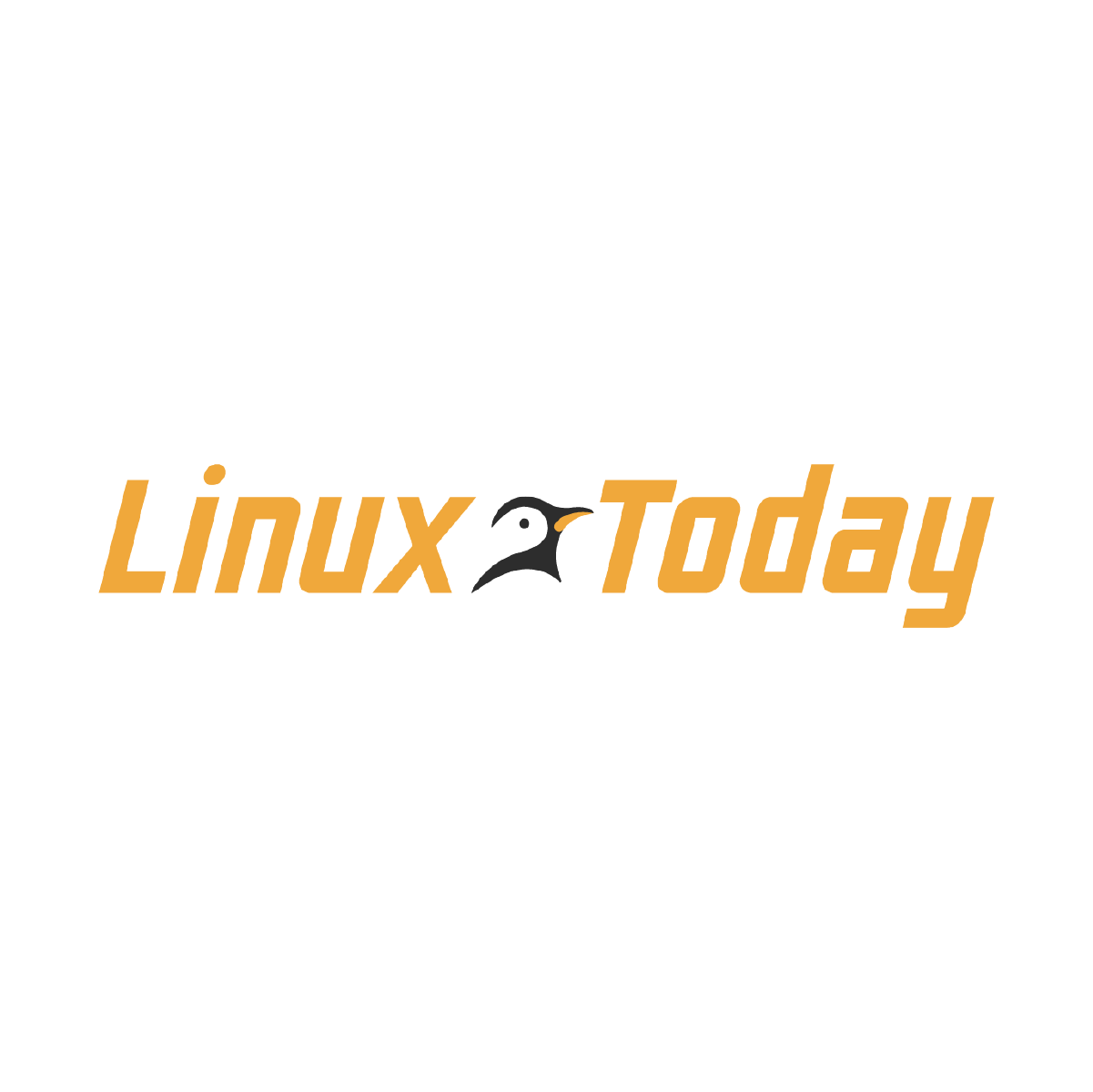The Samba project, an open-source software aimed at providing file and print services for Windows clients, recently received a significant funding boost from the Sovereign Tech Fund. The fund has allocated EUR 688,800 to the project in order to support its continued development and growth.
Samba has long been a key player in the open-source community, providing a free alternative to proprietary file and print services for Windows environments. The project has a large and dedicated user base, with many organizations relying on Samba to provide essential networking services to their Windows clients.
The funding from the Sovereign Tech Fund will allow the Samba project to further improve its software, add new features, and enhance its compatibility with the latest Windows operating systems. This will not only benefit existing users of Samba, but also attract new users who are looking for a reliable and cost-effective solution for their networking needs.
In addition to technical improvements, the funding will also support community-building efforts within the Samba project. This includes hosting conferences, workshops, and other events that bring together developers, users, and other stakeholders to collaborate and share their experiences with Samba.
The Sovereign Tech Fund, which focuses on supporting open-source software projects that promote digital sovereignty and technological independence, recognized the importance of Samba in the open-source ecosystem. By investing in the project, the fund is helping to ensure that Samba remains a viable and reliable option for organizations seeking to deploy file and print services in Windows environments.
Overall, the funding from the Sovereign Tech Fund is a significant vote of confidence in the Samba project and its mission to provide high-quality, open-source solutions for networking services. With this support, Samba is well-positioned to continue its growth and development, and to remain a crucial tool for organizations seeking to maintain control over their digital infrastructure.
